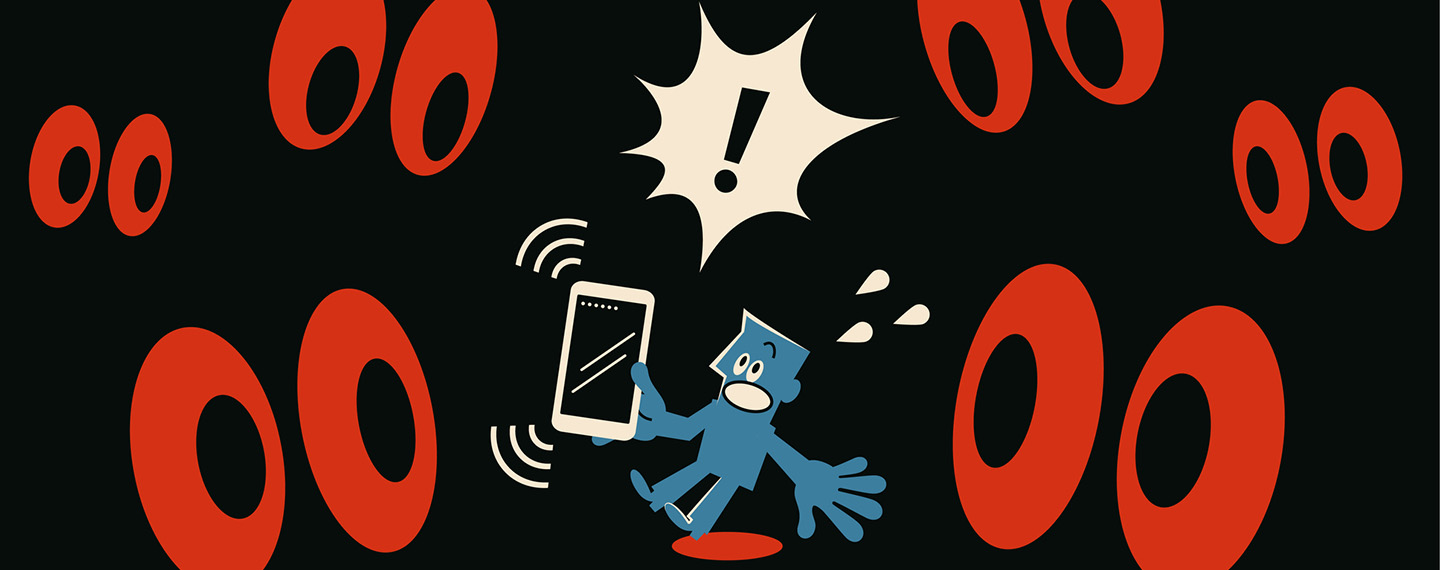1 of 5
1 of 5

Across thousands of employers, millions of U.S. workers can now access part or all of their earned pay immediately, rather than wait for the standard payday. These earned wage access programs, for Uber drivers at least, seem to make them want to:
2 of 5
2 of 5
Human overconfidence is a much-studied phenomenon. And one theory holds that, given actual objective data about their abilities or performance, people would be more realistic. A study using more than 3,000 tournament-level chess players — a field with frequent, unbiased skill assessments — found that:
3 of 5
3 of 5

When publicly traded companies are in danger of missing an earnings target, and thus disappointing investors, they’ve been known to pull all sorts of tricks to make the number. A recent study found some companies facing that problem will allow more third-party tracking of customers who visit their websites, a well-known annoyance. Does the maneuver work?
4 of 5
4 of 5
For the four main constituencies in the airline business — shareholders, employees, customers and suppliers — rank how they did in reaping rewards, net of losses realized, since deregulation of the industry in 1978.
5 of 5
5 of 5

Asked to compare a legal product against its illegal version, people seem to think which one is more effective?